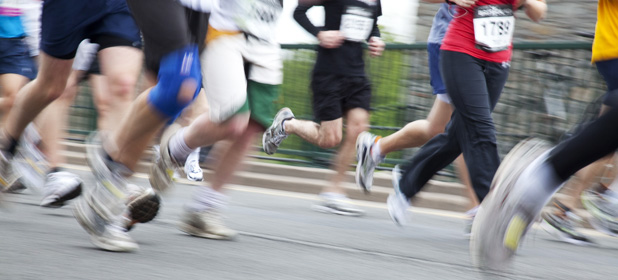
Social influence looks at how behaviour can be changed through pressures from others within a social context, once this pressure is understood it can be in turn used to influence participation in physical activity and exercise (Darlow & Xu, 2011). In exercise it has been shown how when the social pressures within an exercise group be […]

Approximately 60% of men, 70% of women, 30% of boys and 40% of girls do not meet recommended levels of physical activity. Physical inactivity is one of the leading causes of death in developed countries, responsible for: 22-23% of CHD 16-17% of colon cancer 15% of diabetes 12-13% of strokes 11% of breast cancer By increasing levels […]

In this article we shall look at the effects that exercise has on psychological well/ill being. In todays society 25% of people experience anxiety disorders and 20% of people experience depression (Dishman, 2004). By 2020, depression will be second only to cardiovascular disease as the leading cause of death and disability (Lopez, 1997). Many studies have […]

Mêdraœ and Bidziñska (2004) found that recreational males, former athletes and people who participate in aerobic exercise or sports (e.g. running, swimming, cycling) regularly engage in exercise addictive behaviours. But, the difference between commitment and addiction to exercise has been disputed. Commitment and addiction can be differentiated through the intellectual analyse of rewards and rationales […]

Throughout sport, exercise has been universally acknowledged as a healthy habit which can have many psychological and physical benefits for an individual (Szabo & Griffiths, 2007: Bouchard, Shephard & Stephens, 1994). Paradoxically, exercise behaviour is now being looked at in a different light due to obsessive exercise being seen as a type of addiction (Garman, […]

There are many physical and psychological benefits of exercise, so it might seem paradoxical that there is also a risk that, at really high levels, excessive exercise may produce negative effects, including an unhealthy addiction to it. What is Exercise Dependence? A psychologist called William Glaser was the first to differentiate between a negative addiction […]

